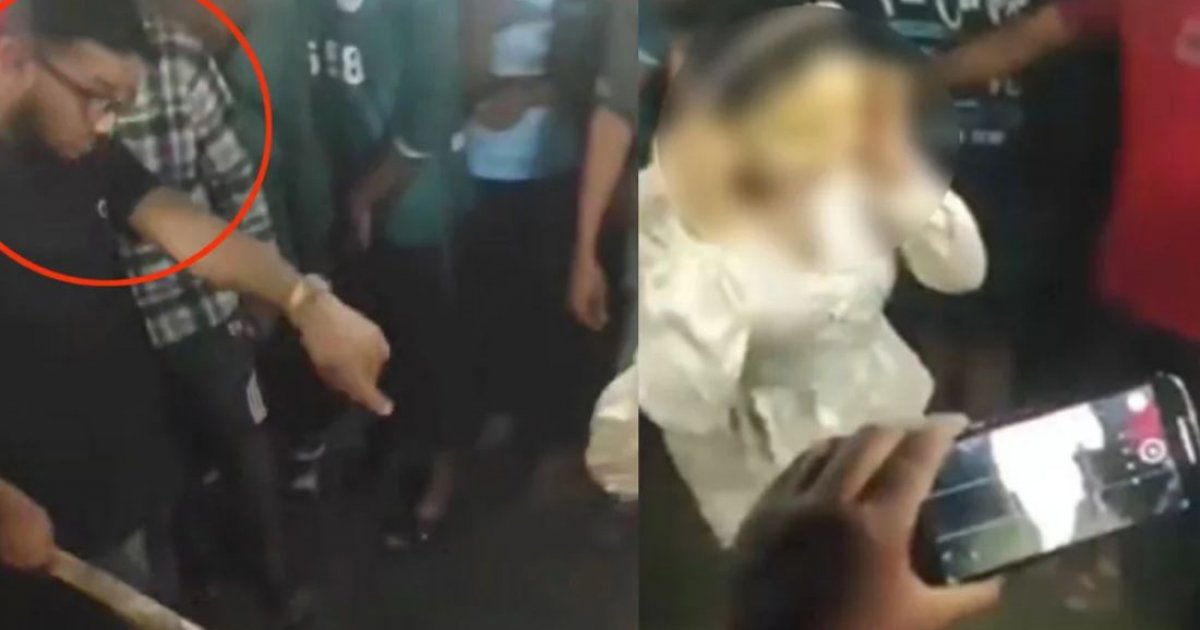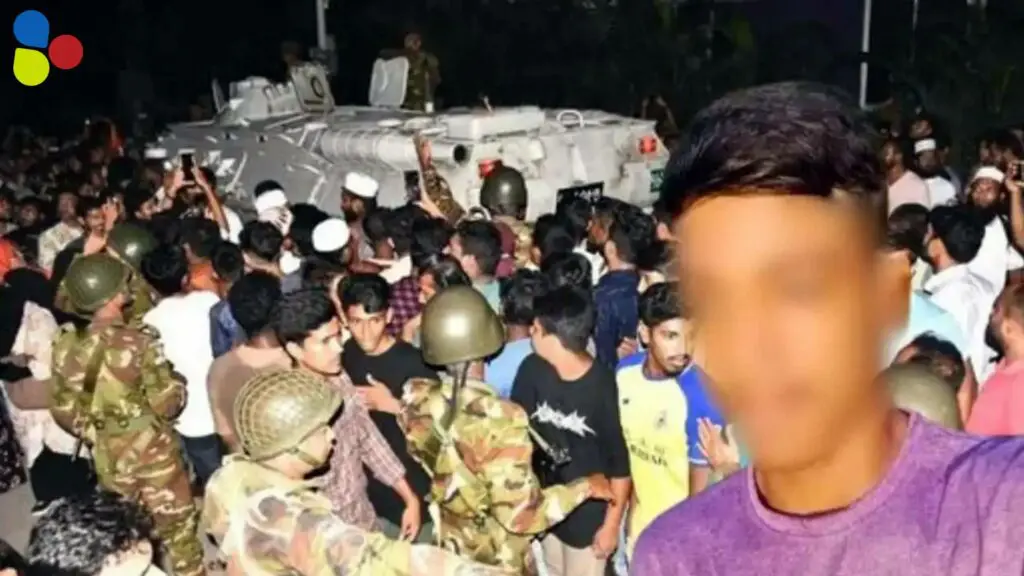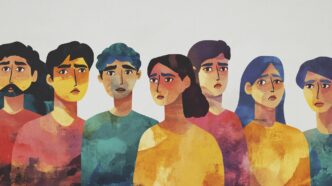The July Revolution has come and gone. The people of Bangladesh are discontent. They are hungry for change and angry with the system. They want to express their frustration, seeking rapid solutions. One phenomenon that reflects the deep-rooted issues within the community is mob justice. We have seen shrines being attacked, idols being vandalised, women publicly humiliated. Are these incidents merely desperate actions to reform society out of frustration? Or, there’s much more to it? Let’s look into it.
What is Mob Culture?
Mob justice is a street-level form of retaliation where ordinary citizens take it upon themselves to punish someone through physical force in the name of bringing social justice. It represents the intrinsic, animalistic behaviour in humans to assert dominance or reclaim control. In the current context, mob justice is often portrayed as the “right” thing to do by keeping it beyond political correctness, even though it operates outside the boundaries of the law. The attempt to legitimise mob culture in the name of revolution often oversteps its bounds and offers little in terms of real change. By the time we realise it has reached our own communities, we forget how it originated.
How Mob Culture Works
Mob culture is an extremely expressive, far-right form of people’s mandate. It doesn’t necessarily reflect the views of the general public, but it doesn’t require widespread support to thrive. Mob actions are mostly ignited from local settings in a very short time. This culture thrives on a lack of personal responsibility. When large numbers of people rally around a single cause and see many others supporting them, they stop questioning their actions or evaluating the decisions they make. In the heat of the moment, people tend to act without thinking deeply, relying instead on binary decisions driven by instinct rather than logic.
The first reason mob culture emerges is the sense of oppression and the public’s distrust in the social system. Those who feel wronged by unfair policies, systemic discrimination, or injustice start believing that their voices are only heard when they resort to heated, physical action. History shows that forceful actions have sometimes succeeded in challenging unjust authorities, especially when memories of anti-government revolutions are still fresh.
Mob justice is further fueled by the dissatisfaction people feel in their personal lives. They find a sense of gratification in punishing the victim, believing they are delivering justice to society. When they break Majars, they believe they are eradicating superstitious anti-social practices. When they publicly punish women for allegedly taking part in socially unacceptable professions, they believe they are stopping the moral and religious deterioration of the nation and as an extension, protecting people.
The second reason is the celebration of mob justice. In Bangladesh, mob justice is often glorified. Few people criticise it, and many derive satisfaction from the idea that justice is being served through these acts. Some even take sadistic pleasure in the prospect of harming a vulnerable woman because of their misogynistic views or simply someone whose opinions they don’t agree with. When criticisms arise, they are often dismissed with whataboutism, spurring questions on the critic’s actions on other wrongful deeds, thus defending mob actions as justified. The physical presence of like-minded people further validates these actions, providing more support than any online debate could offer.
The third factor driving such atrocities is the feeling of moral superiority. Every person who participates in or advocates for mob justice justifies their involvement based on what they believe to be morally correct. They genuinely believe that the legal system either cannot or will not deliver the proper outcome, and therefore, they see it as their duty to take matters into their own hands as a form of vigilante justice. This mindset fuels actions like the destruction of idols and shrines, where participants refuse to question their actions—whether out of fear, blind loyalty, or ignorance.
Who are the victims of Mob Culture?
Mob justice is dictated by the binary relationship between the powerful and the powerless. It is crucial to understand that mob justice is not a communal clash or a conflict between two equal parties. In a local setting, mobs often target those who are most vulnerable. A young, lone woman at a beach who can easily be slut-shamed, or a person from a minority background who is more likely to face public accusations, are common targets.

For example, sex-working is a profession which thrives from both supply and demand. You don’t see any mob attacking males who are creating the demand and taking the service but only the vulnerable women who are offering the supply, almost always out of compulsion.
The Hindu boy, Utshob Mondol, was attacked by the mob on the basis of blasphemy against Islam. How often have you seen mobs attacking any individual on blasphemy against Hinduism? One look at the comment section of any public post regarding Hindu religious events and you will see how common is blasphemy against minorities.

Similarly, individuals who support an opposition political party often find themselves in the crosshairs because of their weaker position. Mob actions are directed at these groups because the backlash is minimal—when such actions aren’t universally condemned, they quickly become topics of debate rather than immediate wrongdoings.
Bangladesh is currently a country in transition, without a clear, functioning governing system. Every institution is undergoing significant breakdown and restructuring. The police are inactive, and the military is refraining from taking decisive action. This is an ideal environment for moral policing and street-level justice to take hold. Furthermore, widespread support on social media emboldens those who believe that sheer numbers give them the power to dictate what is right or wrong.
Cultural discrimination and inappropriate behaviour in the name of religion could be addressed through careful policy decisions, but such measures alone cannot stop mob violence. The first step is to establish clear law and order on the ground and to detain those who engage in mob justice. Unfortunately, the current leadership in Bangladesh is too preoccupied with building policy structures and is neglecting important inside-state matters like ensuring law and order for the rapidly destabilising state of the nation and immediate street-level control inside the country.






